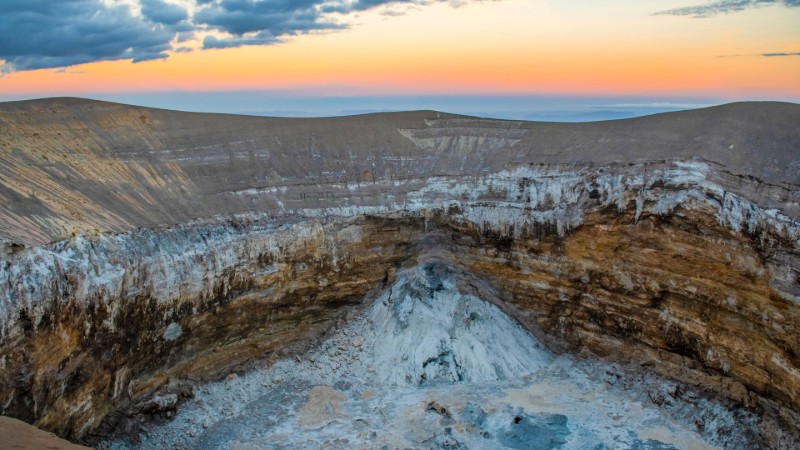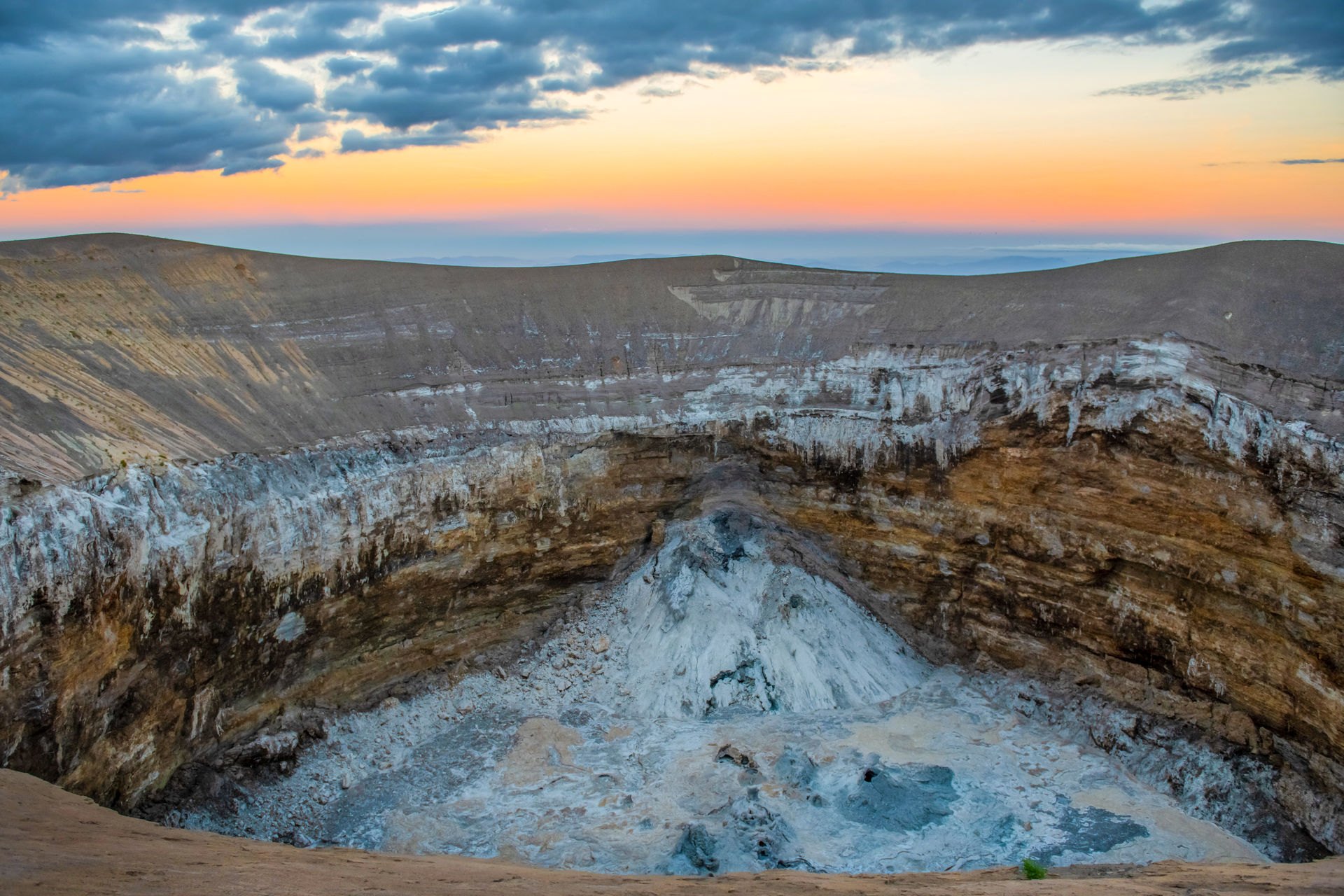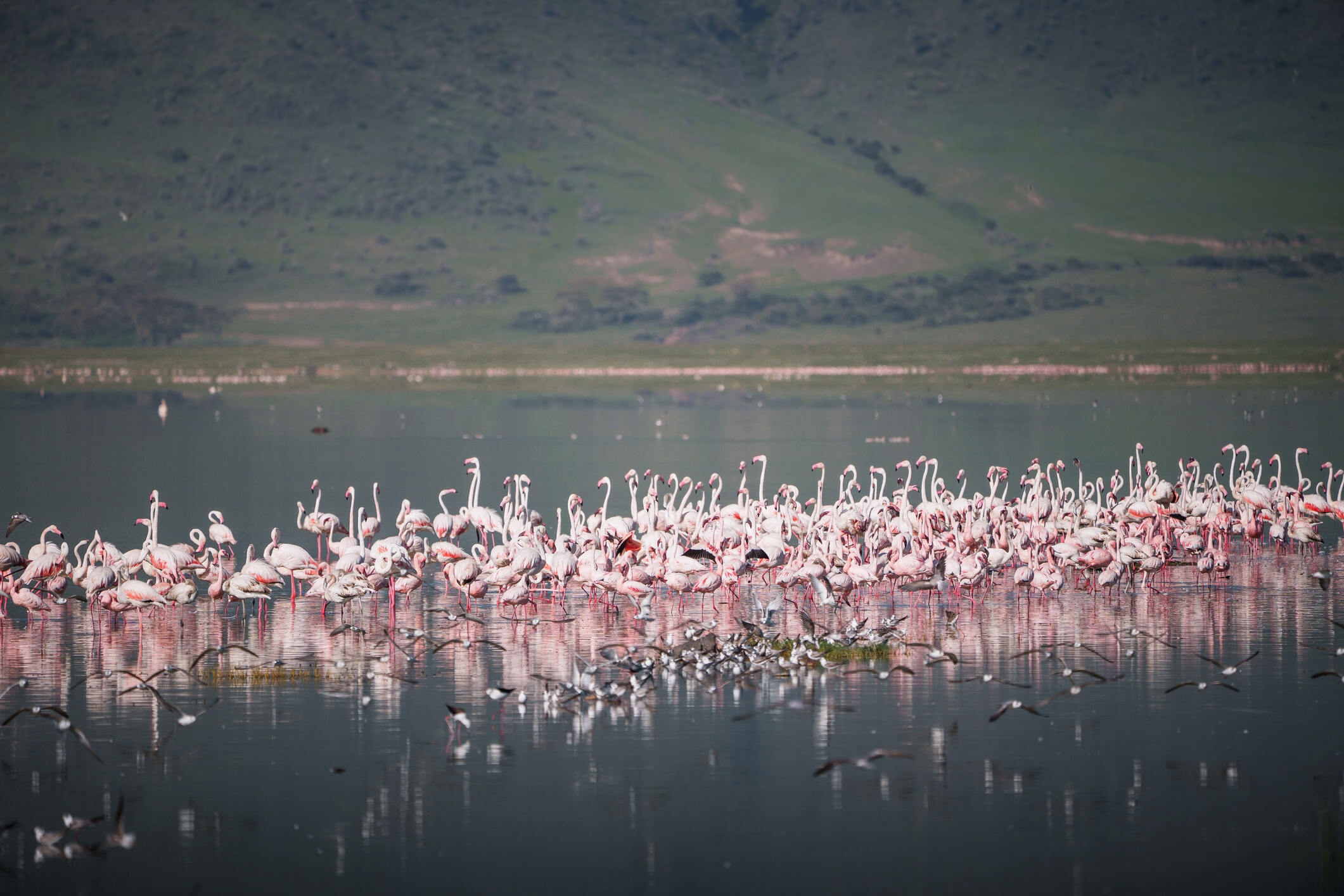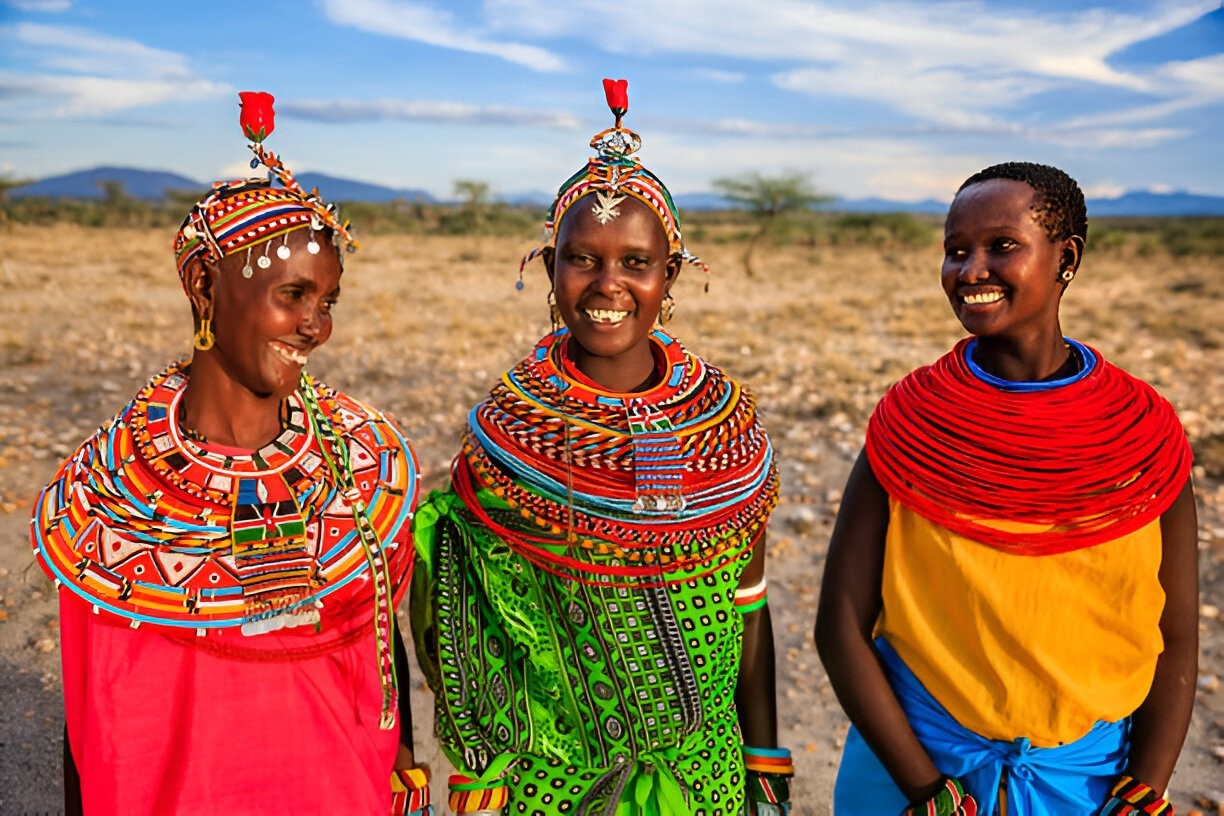
Ol Doinyo Lengai
Ol Doinyo Lengai
Discover the iconic Ol Doinyo Lengai, Tanzania
Ol Doinyo Lengai, known as the "Mountain of God" to the Maasai, is an active stratovolcano in northern Tanzania’s Arusha Region, within the East African Rift Valley. Renowned for its unique natrocarbonatite lava, it’s the only volcano in the world to erupt this rare, cool, and fast-flowing lava. Towering at 2,962 meters, it offers challenging climbs, stunning views of the Rift Valley, and cultural significance to the local Maasai community.
Safari Cost
Costs for visiting Ol Doinyo Lengai vary based on tour operators, group size, and inclusions. A typical guided climb ranges from $300-$600 per person, including guides, permits, and transport from Arusha. Cultural tours or combined Lake Natron trips may cost $100-$200 extra. Accommodation (campsites or lodges) adds $50-$150 per night.
Destination Map
What are the main attractions of the Ol Doinyo Lengai?
Summit Crater
The active crater of Ol Doinyo Lengai, featuring unique natrocarbonatite lava flows and ash cones, offers a rare geological spectacle.

Lake Natron
Nearby, a striking alkaline lake known for its red hues and flamingo populations, ideal for photography and wildlife viewing.

Engaresero Maasai Village
A cultural attraction where visitors can engage with Maasai traditions and learn about their connection to the mountain.

Animals in Ol Doinyo Lengai
The region around Ol Doinyo Lengai is not a primary wildlife destination like Serengeti but supports unique species adapted to the harsh, arid environment.
wildebeest
Common
Zebra
Common
Impala
Common
Giraffe
Common
Large predators like lions, elephants, or rhinos are rare or absent due to the harsh terrain and limited vegetation. The area is not suited for classic “Big Five” safaris.
History of Ol Doinyo Lengai
Ol Doinyo Lengai has been revered by the Maasai for centuries as a sacred site, believed to be the home of their god, Ngai. Geological records show eruptions dating back thousands of years, with modern activity documented since the 19th century. Notable eruptions occurred in 1966, 2007-2008, and smaller events in recent years, shaping its dynamic crater. The volcano’s unique lava chemistry has drawn global scientific interest since its study in the 1960s.
Frequently Asked Questions about the Ol Doinyo Lengai
Climbing is generally safe with experienced guides, but the steep terrain and active volcanic status require caution. Always check recent eruption activity.
The dry season (June-October) is ideal for climbing and wildlife viewing due to cooler temperatures and clearer trails.
Yes, permits are required and typically arranged through licensed tour operators, costing around $50-$100.
